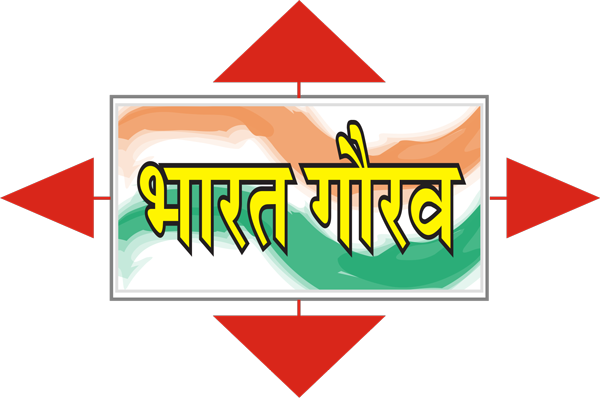Mr. Chaman Lal Bhalla’s journey from a hopeful entrepreneur to a cornerstone of Paris’s culinary scene encapsulates a tale of resilience, familial dedication, and entrepreneurial spirit.
Born in Mandi Bahauddin, Punjab — a region torn by the upheavals of the India-Pakistan partition — Chaman Lal Bhalla’s family fled to India, settling in New Delhi. Here, amidst the challenges of displacement, they faced financial constraints and a significant loss of social status. Yet, these early adversities forged a resilience in young Chaman Lal, fueling a determination to restore his family’s dignity and standing. From a young age, he balanced his academic pursuits with work, understanding that both education and practical experience were crucial to overcoming the hardships his family faced. He tirelessly juggled his studies with various jobs, contributing to the family income while still attending school. This period of his life was not just about academic learning but also about gaining real-world experience that instilled in him a strong work ethic and a deep sense of responsibility. These qualities would later become the cornerstone of his entrepreneurial ventures and successes.
In 1973, Mr. Bhalla arrived in Paris with dreams of expanding his textile and garment business from Delhi. Despite initial setbacks, including language barriers that hampered his efforts, he persisted. His breakthrough came in 1976 when he secured a substantial order for 15,000 shirts, setting a foundation for his future ventures in the French capital.
Mr. Bhalla’s entrepreneurial journey took a significant turn towards the culinary world when he, along with two colleagues, noticed the success of a local Indian restaurant. Inspired, they opened their own restaurant near Rue de Louvre, which quickly became a popular spot among Parisians and tourists alike. This experience sparked the idea that would grow into a family-run restaurant empire.
In 1982, the opening of Tandoori in Montparnasse marked the beginning of the Bhalla family’s prominent presence in Paris’s restaurant industry. Over the years, their portfolio expanded to include multiple establishments, such as the prestigious Ashiana in Neuilly-sur-Seine (1985) and another in Montparnasse (1987), renowned for their authentic Indian cuisine and warm, inviting ambiance.
His restaurants became cultural hubs, attracting celebrities and dignitaries from both France and India, including French politicians like Nicolas Sarkozy, Indian leaders such as L.K. Advani, French singer Patrick Bruel, and Indian cinema stars like Hrithik Roshan and Preity Zinta.
Despite the demanding nature of his business, Mr. Bhalla’s success would not have been possible without the unwavering support of his wife, Veena Rani Bhalla. While he built his empire abroad, Veena Rani managed their household in India, ensuring a nurturing environment for their children and maintaining the family’s well-being. Her support allowed him to focus wholeheartedly on his business, knowing his family was in good hands.
Furthermore, driven by a spirit of exploration, he opened an Italian restaurant, Au Soleil Italien, around 2005 in Porte de Champerret and continued to innovate with new locations like Ratn near the Champs-Elysées in 2006 and another Ashiana at Ternes in 2016. Today, they are being managed by the family; the children as well as the grandchildren.
Mr. Bhalla’s commitment to cultural advocacy extended beyond his restaurants. He was a founding member of the Global Organization of People of Indian Origin (GOPIO) in France, which played a vital role in promoting Indian cultural and social interests abroad. Through GOPIO, he facilitated numerous initiatives that enriched the cultural dialogue between the two nations.
Today, his legacy is a testament to the successful fusion of French and Indian identities. His life’s work highlights how cuisine can serve as a powerful medium for cultural expression and integration. His restaurants do more than serve food; they weave together the fabrics of two distinct cultures, creating a rich mosaic that celebrates the best of both Indian and French traditions.

As we reflect on Mr. Bhalla’s remarkable journey, we see a vivid illustration of how dedication, coupled with a passion for one’s heritage, can transcend boundaries and foster mutual appreciation and respect between diverse communities. His story is not just one of achieving personal success; it is about creating a lasting impact on the cultural landscapes of two countries, proving that food truly is a universal language that brings people together.
